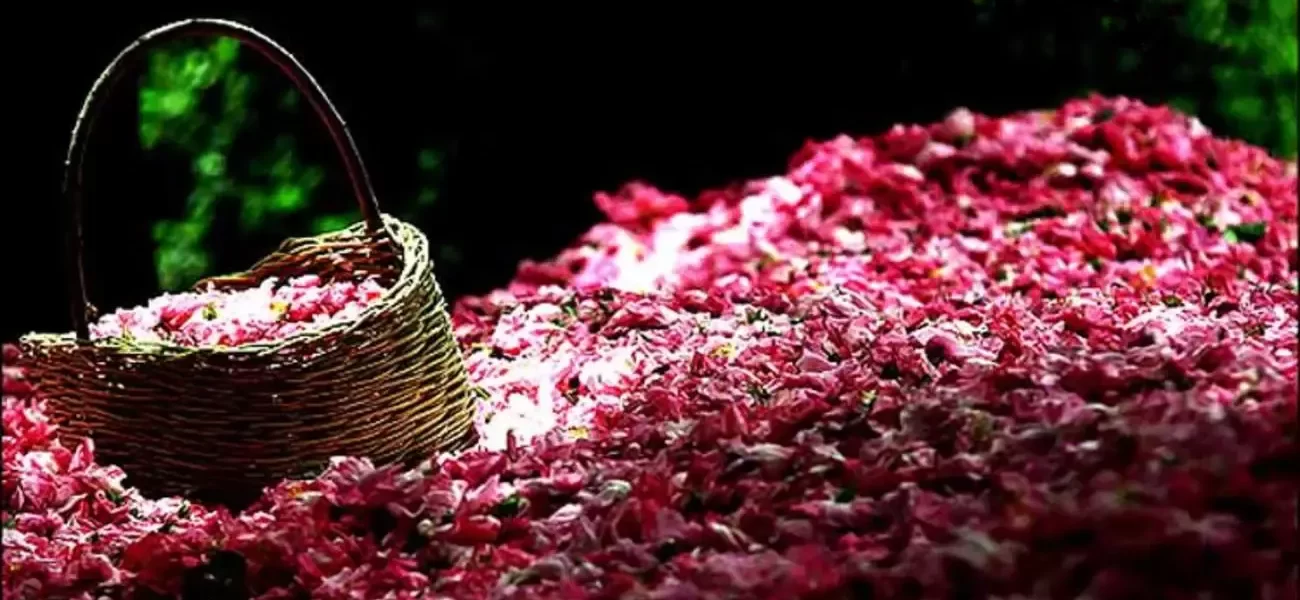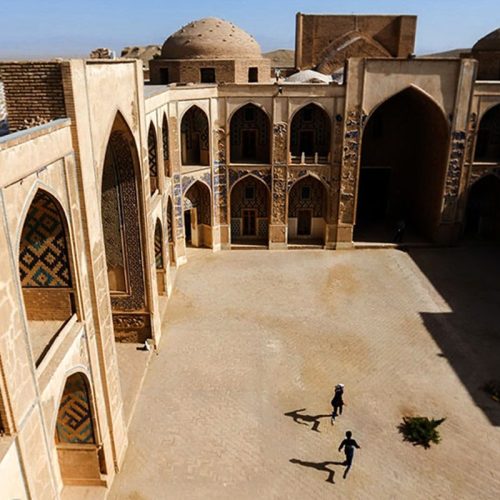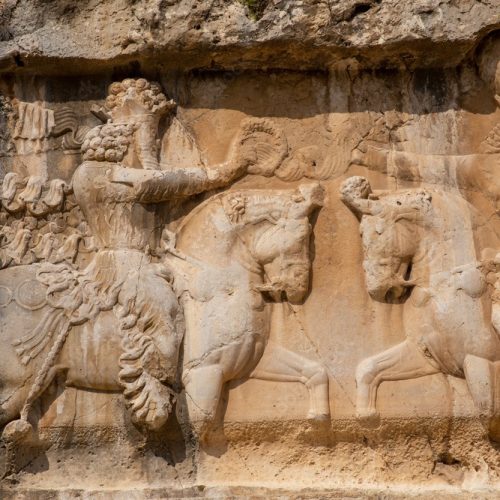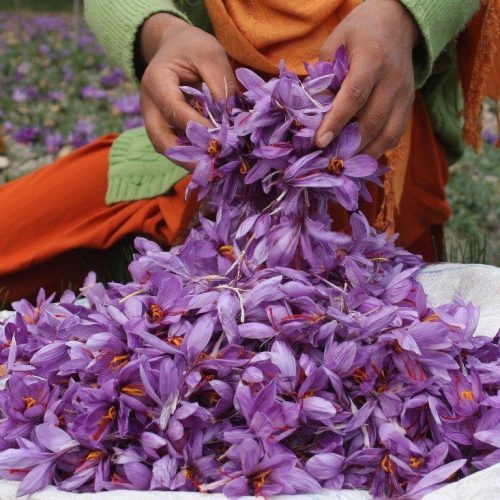Golab, also known as rose water, is a natural extract obtained from Mohammadi flowers through traditional techniques that have been practiced in Iran for over seven thousand years. The production of Golab is centered around Kashan, where the purest and most fragrant roses are grown in the desert and arid regions. The region of Ghamsar, known for its unique and original methods of distillation, is considered to produce the best Golab in the world. The rose of this region is used not only to perfume religious spaces in Iran but also to wash the house of God every year on the ninth of Dhu al-Hijjah.
Producing Golab requires specific skills and observance of certain practices, which are followed in most parts of Iran. Rose pickers and sellers dedicate their homes to storing or selling rose water, and depending on the volume of their work and access to water sources, they adjust the period of the Golab-Giri process.
During the Golab-Giri season, flower pickers begin their work early in the morning, before sunrise, when the flowers are believed to be most fragrant. Large pots are filled with rose petals and water and placed on a pile of firewood, and the rose is obtained using traditional machines and distillation methods. In the past, special pots and Mohammadi flowers were taken along the rivers for Golab-Giri ceremonies, where religious prayers were recited.
The beauty and fragrance of Mohammadi flowers, the process of picking and obtaining rose water in special seasons, and the traditional ceremonies involved in the production of Golab have attracted tourists from all over the world to witness this ancient tradition. In addition to its potential for developing the tourism industry, Golab production creates jobs and boosts the economy in the region.




